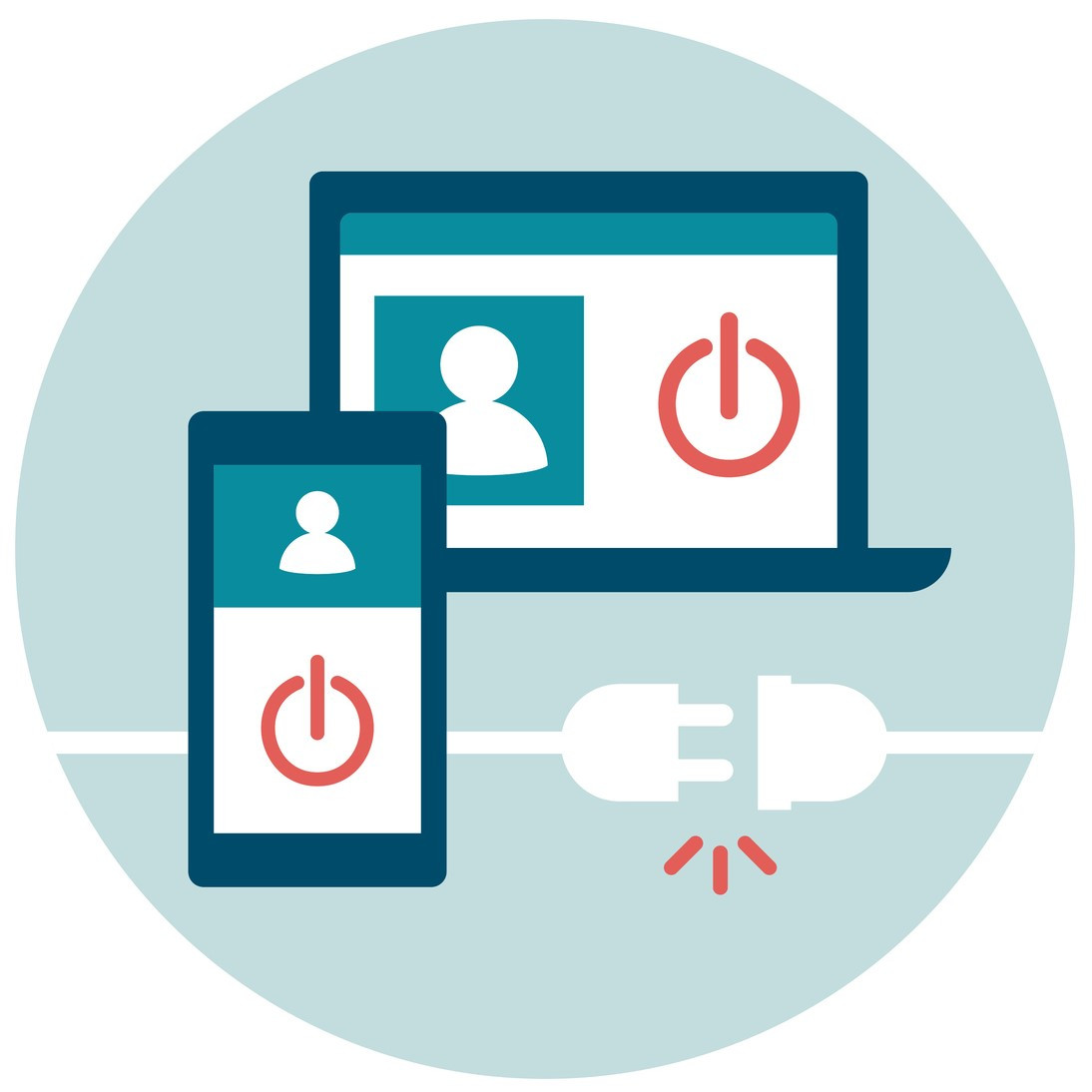Why we all really need Screen-Free Week this year

Follow me on Twitter @drClaire
It’s Screen-Free Week this week: from April 30th to May 6th, families are encouraged to turn off the screens and enjoy the non-digital world. As a pediatrician, I believe that we need to do this more than we ever have before.
It used to be that “screens” were only televisions (with video games possibly attached to them) and computers, which were used more for work than anything else. But now, screens are ubiquitous and intertwined with all aspects of daily life.
There’s no denying that smartphones, tablets, and laptops have the capacity to make our lives easier and better. Information about anything is readily available, shopping is streamlined, we have the ability to be in real-time contact with anyone around the world, education and medical treatment can reach to places where both are scarce… the innovations are incredible.
But there is also no denying that our screen culture has some serious downsides. Smartphones and other screens interfere with parental interactions with children, which can impact a child’s development — and impact relationships (if you haven’t watched Will Ferrell’s video for the Device-Free Dinner movement, you should — it will make you laugh and cringe at the same time). They interfere with everyone’s sleep, especially teens. They get us into accidents while driving or walking. They distract us from the world around us, in general. There is growing concern that some people are actually becoming addicted to their screens.
That’s why it’s increasingly important that every once in a while we take a break from our screens: to help us understand those downsides — and to show ourselves that we can take a break.
So for one week, as a family, try to…
- Leave the cell phones in a basket or something as you come in the door. Really. Maybe set up a charging space and have all the phones live there when you are home.
- During the day, use your cell phone only for necessary calls and texts, and only use the Internet if absolutely needed (like to get directions)
- Avoid using screens for entertainment. Play games, go for a walk, or to a museum. Make stuff. Read books (it’s also Children’s Book Week).
- Spend screen-free time with friends. Remember what it was like when people weren’t always checking their phones.
See, that’s the thing: we are quickly forgetting what it was like when we weren’t always checking our phones, and that’s bad. It’s one thing to make a conscious decision to use a device; it’s entirely another when the devices take over our lives. Stopping for a week can help us gain perspective, and hopefully allow us to make better, more thoughtful decisions about when and how we use electronic devices.
The websites for Screen Free Week, Device-Free Dinner, and Children’s Book Week have all sorts of tips and resources; check them out. The American Academy of Pediatrics also has resources to help you calculate just how much time your kids are spending on media — and create a family media plan that works best for your children and family.
About the Author

Claire McCarthy, MD, Senior Faculty Editor, Harvard Health Publishing
Disclaimer:
As a service to our readers, Harvard Health Publishing provides access to our library of archived content. Please note the date of last review or update on all articles.
No content on this site, regardless of date, should ever be used as a substitute for direct medical advice from your doctor or other qualified clinician.












